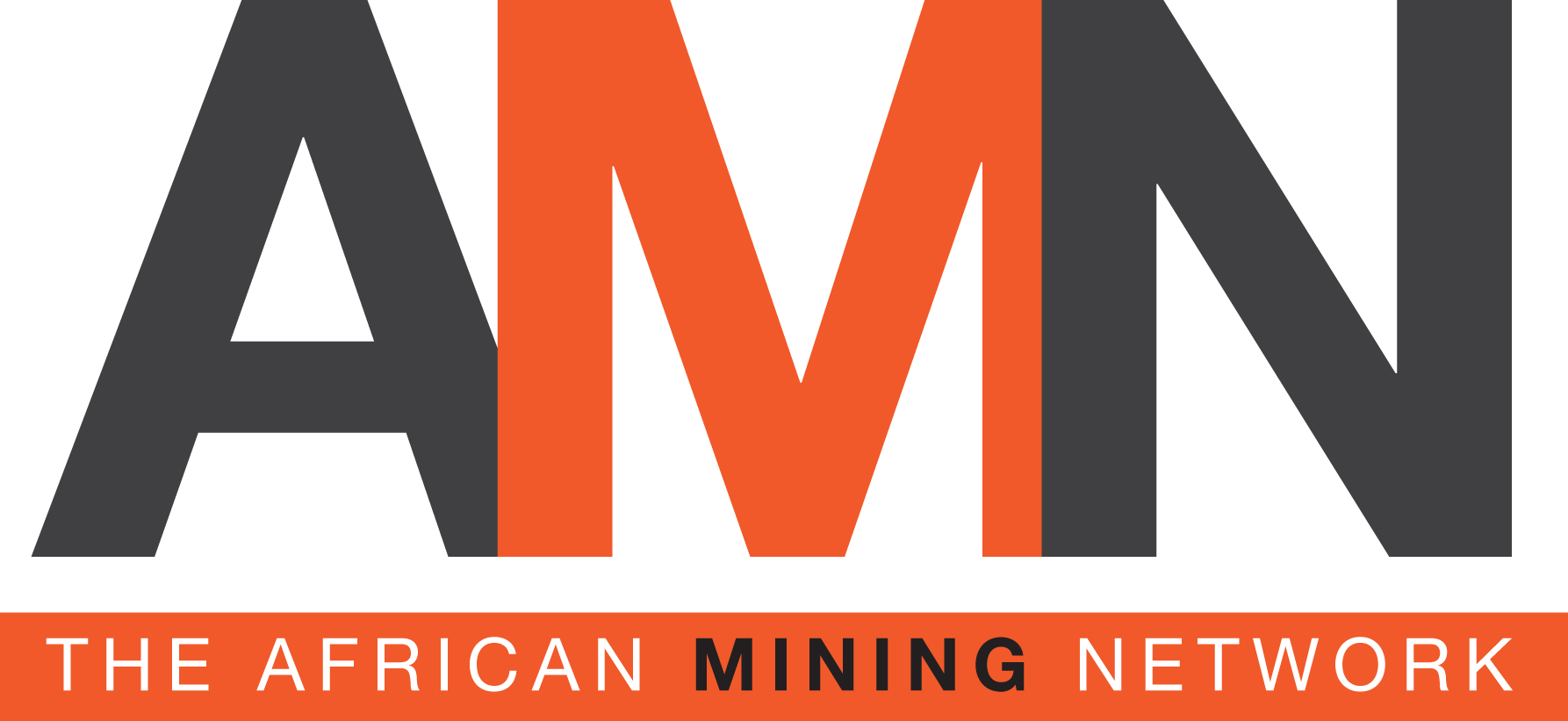- Yolanda Torrisi
- +61 412 261 870
- yolanda@yolandatorrisi.com
- Nina van Wyk
- +27 82 926 3882
- nina@africanminingnetwork.com
![]()
One of the biggest risks faced by mining companies is a failure to maintain their social licence to operate with corporate social responsibility (CSR) a vital factor in mitigating this risk. Not paying due attention to CSR in all mining jurisdictions will be the undoing of mining companies.
Thankfully most companies are taking CSR much more seriously, including in developing countries such as many African nations. In the past expectations of CSR in developing countries with weak governments tended to be too high but this is changing as public awareness increases and governments respond with tougher policies.
It is unfortunate that in the past the mining industry was unlikely to police itself if there weren’t appropriate incentives in place, which meant CSR was often little more than mere window-dressing. This is changing and this is a good thing for communities, countries and for mining’s image.
South Africa is one of only two countries in the world where CSR is legislated and governments in other African countries need to follow suit. However, CSR must also not just be done due to legislation, it should be something that comes naturally for the mining industry as a whole. After all, the entire industry suffers from one poor CSR effort.
Rather than working alone on CSR, or only doing what is mandated by government policies, mining companies need to work with communities at a local and regional level to ensure CSR really makes a difference.
Service and labour plans (SLPs) need to be aligned with government development plans with local municipalities’ integrated development plans (IDPs), to ensure that CSR projects appropriate to the specific communities’ needs are put in place and can be implemented properly.
The industry needs to take control of the conversation, and engage more broadly on CSR issues, especially with local governments, as more dialogue is required.
Community perceptions of mining projects are essential and obtaining a social licence to operate from surrounding communities will surely contribute to decrease operational risks. Using social media has been identified as a good practice to further engage with communities.
In CSR strategies, more collaboration should be developed with other sectors of the economy. The industry typically makes the biggest financial contributions to the communities in which it operates, but it may not be entirely fair to place this burden on the industry alone.
The traditional approach of CSR, where mining firms were developing programs predominantly aimed at ticking compliance boxes, is no longer acceptable. Monitoring and evaluation by independent bodies, or perhaps government, as well as transparency, are lacking and are sorely needed throughout Africa.
Mining cannot continue with a ‘business as usual’ approach and improving the outcomes of CSR is critical. A new form of stakeholder engagement is required, one that balances the demands of multiple groups.
If mining companies can start aligning their investments with the underlying and long-term needs of their disparate stakeholders, and further explore the concept of shared value – demonstrating the interconnectedness of corporate competitiveness and community prosperity – they could earn not only the social licence to operate, but also the licence to grow.
- Yolanda Torrisi is Chairperson of The African Mining Network and comments on African mining issues and the growing global interest in the continent. Contact:yolanda@yolandatorrisi.com

